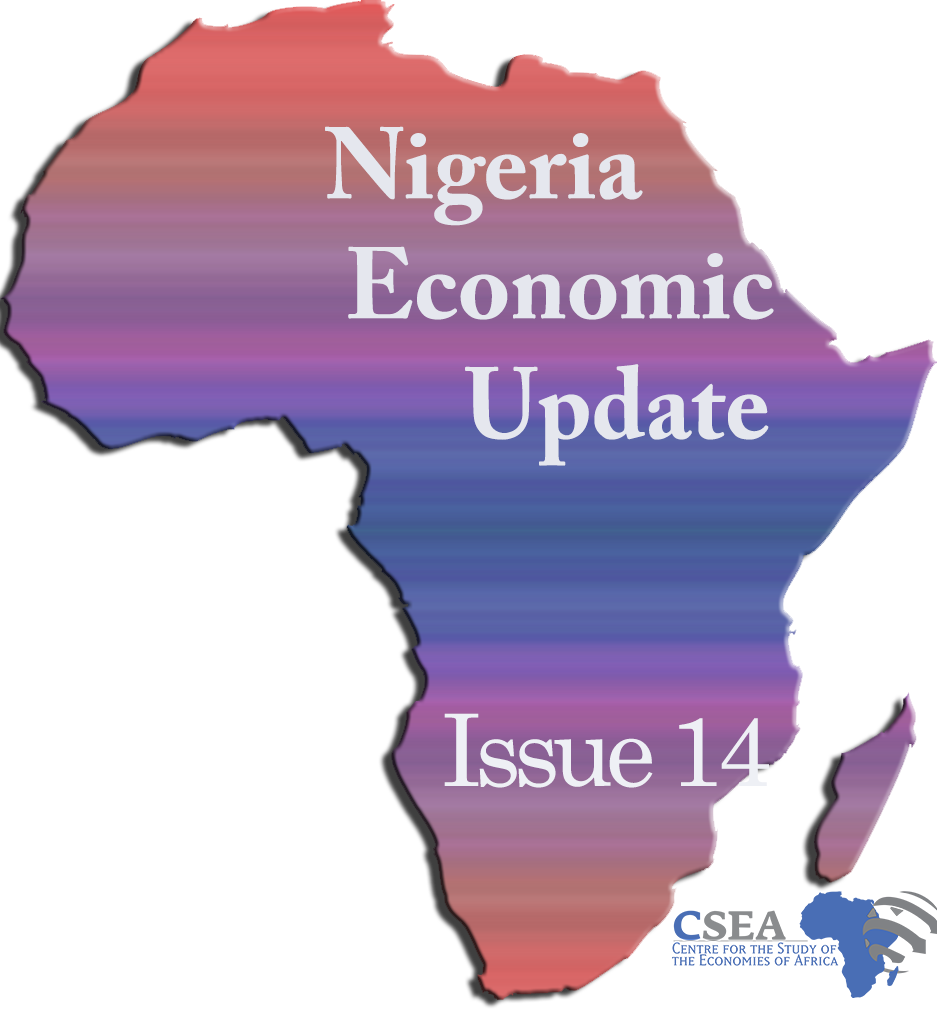Nigeria’s officially recorded debt obligation reached a record high of N24.39 trillion in 2018 relative to the N21.73 trillion in 201721, according to the DMO’s latest debt report. This represents a year-on-year 12.2% growth or N2.66 trillion2. Further decomposition of the data shows that both domestic and external components experienced increments: while domestic debt rose from N15.94 trillion to N16.63 trillion, external debt increased from N5.79 trillion to N7.76 trillion. However, the external debt component saw a higher increment implying that progress has been made towards achieving the 60:40 target of domestic-external debt stock mix. The share of domestic debt fell from 73.4% in 2017 to 68.2% in 2018 producing a total debt mix of 68.2% (domestic) and 31.8% (external). The review year saw the DMO make use of relatively cheaper and longer tenured external funds (Eurobonds) to achieve the debt stock mix objectives which also includes creating more space for other borrowers in the domestic market.3 With the growth in the issuance of Eurobonds, DMO should internalize the costs and risks of these changes such as currency and refinancing risk. This could limit the frequency of public borrowing.
Macroeconomic Report & Economic Updates

May 8, 2019
Nigeria Economic Update (Issue 14)
Nigeria’s officially recorded debt obligation reached a record high of N24.39 trillion in 2018 relative to the N21.73 trillion in 201721, according to the DMO’s latest debt report. This represents a year-on-year 12.2% growth or N2.66 trillion2. Further decomposition of the data shows that both domestic and external components experienced increments: while domestic debt rose […]
Read →
Related
Nigeria Economic Update (Issue 3)
Recently released inflation rate report by the NBS shows a further decline in consumer price index in December 2017. At 15.37 percent, the CPI was 0.53 percentage points lower than the 15.90 percent recorded in November 2017. The food sub-index decreased to 19.42 percent from 20.21 percent, indicating reduced pressure on food prices in the review period. Core sub-index fell slightly to 12.1 percent from 12.21 percent in the preceding month. Going forward, the ability of the Central Bank of Nigeria (CBN) to control inflation in 2018 may be hampered by monetary injections by the government and politicians towards budgetary expenditure and election campaigns, respectively.
Oil Revenues, Institutions And Macroeconomic Performance In Nigeria
The paper presents an elaborate
econometric analysis of a number of key macroeconomic indicators to oil revenue
and examines the results of oil revenue fluctuations.
